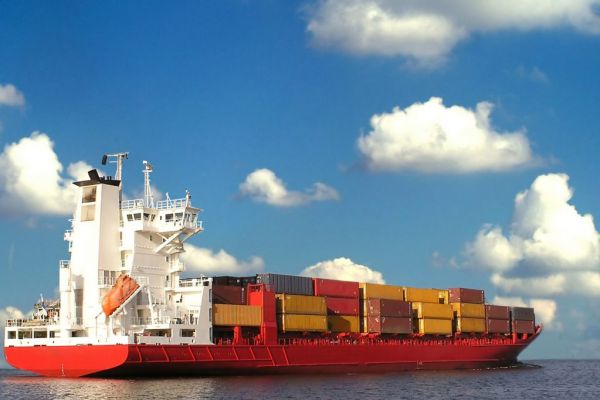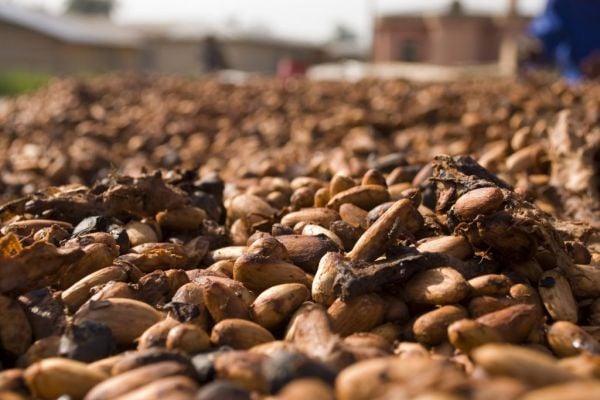Cróna Clohisey, public-policy lead, Chartered Accountants Ireland, looks at the new trading reality for Irish retailers in the wake of the UK’s departure from the European Union.
The UK’s departure from the EU, after almost 50 years of membership, brings significant changes for Irish retailers that trade with their nearest neighbour.
Supply chain disruption, amended customs and VAT rules, and new trade borders down the Irish Sea are among the realities that Irish retailers now face.
Without the necessary preparation, these changes could lead to goods being held up at borders, and – for a sector that deals in perishable commodities, where delivery times and sourcing are critical – this could have serious ramifications.
Furthermore, many Irish retailers are hugely reliant on the UK landbridge to speedily move goods to and from the EU continent. Circumventing the UK takes longer, and this might not be an option for certain products.
Amid the uncertainty, however, there are some positives.
The Trade and Cooperation Agreement that is now in place between the UK and the EU eliminates most customs duties and quotas, so products traded between Ireland and Great Britain shouldn’t cost significantly more.
However, customs declarations will be required to move goods between Ireland and the UK (excluding Northern Ireland), and many retailers have never had to deal with customs administration, due to EU membership.
Similarly, the Northern Ireland Protocol has avoided a hard border on the island of Ireland, with a separate set of trading rules now applying to trade between Northern Ireland and Ireland.
Northern Ireland will remain aligned to EU rules for trade in goods, which means that no customs declarations or checks will be required on goods being traded solely between Northern Ireland and Ireland.
Where To Start
Retailers need to examine their trade with the UK (and Great Britain, in particular) from a compliance, supply chain and strategic point of view, and then access the information that they need, to ensure compliance.
Knowledge will be power in the coming weeks and months, and it will ensure continued access to the UK market and the retention of a strong competitive position.
If retailers trade with Great Britain, the rules of trade with a non-EU country will apply. Customs declarations must be completed to move goods to, from or through Great Britain.
Irish traders must apply online to Revenue for an Economic Operators’ Registration and Identification (EORI) number. Without it, goods cannot be imported or exported into or out of the EU.
Importing goods into Ireland from Great Britain will, among other things, require an import declaration and an import safety and security declaration – and may also require a licence – to be imported.
Exporting goods from Ireland to Great Britain will require an export declaration and an export safety and security declaration, and may also require a licence.
Origin of Goods
Goods for import or export must also be classified for customs purposes. Every product has a specific code, and retailers can use the EU’s TARIC to classify the goods to the appropriate code needed to import or export goods.
Retailers must know, and have evidence of, the origin of goods, to ensure that they can take advantage of the free-trade area.
If traders continue to use the UK as a landbridge, customs transit procedures will need to be undertaken in order to temporarily suspend duties and other charges until they reach their final destination.
There are also certain rules that hauliers and truck drivers must adhere to if crossing goods by ferry to, from or through Great Britain, particularly in terms of pre-boarding paperwork and procedures on disembarking ferries.
The way that Irish retailers trade with the UK has changed fundamentally, with the end of the Brexit transition period. Consumers are used to getting food and other produce quickly and cheaply.
Through careful preparation on the part of retailers, and by reaching out for assistance, they have the power to ensure that Brexit won't change that.
Businesses in the retail sector in Ireland should ask themselves:
1. Are our goods moved into, out of, or through the UK, to reach customers?
2. Do we use the UK as a landbridge to move products to and from the EU?
3. Are we reliant on a particular supplier in the UK?
4. Do any of our suppliers use the UK landbridge to reach us?
5. Are our suppliers able to deliver on time? Do we need to diversify suppliers or markets to reduce risk?
Customs Declarations
Critical in all of this are customs declarations, and regardless of whether these are done in house or outsourced, retailers must retain complete control over the accuracy of those declarations when lodged with Revenue.
Accuracy is key, otherwise delays, routing errors and customs interventions will arise, and goods simply won’t move – the knock-on effect for supply chains.
© 2021 Checkout – your source for the latest Irish retail news. Article by Cróna Clohisey. Click sign up to subscribe to Checkout.








